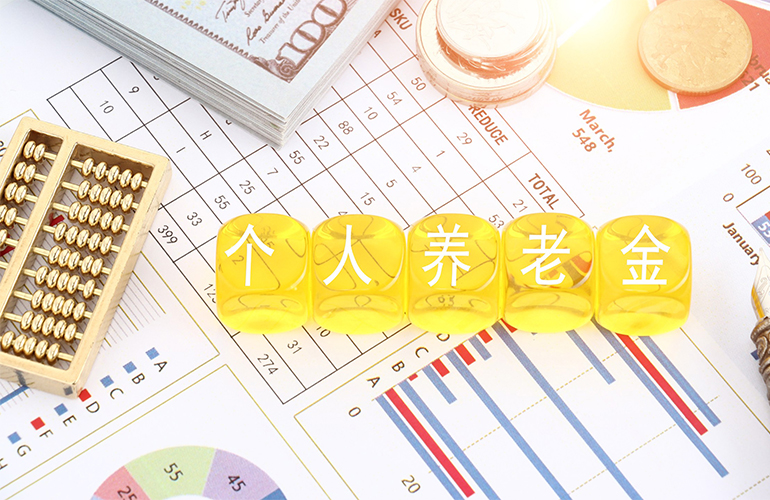 China to Expand Private Pension Scheme Nationwide
China to Expand Private Pension Scheme Nationwide(Yicai) Dec. 12 -- China has unveiled that it will expand its private pension system nationwide after more than two years of piloting.
All employees across China participating in the basic pension insurance plan will be eligible to participate in the private pension scheme from Dec. 15, the Ministry of Human Resources and Social Security, Ministry of Finance, State Taxation Administration, the National Administration of Financial Regulation, and the China Securities Regulatory Commission jointly announced today.
Moreover, the scheme will be upgraded by including treasury bonds, designated pension savings, and index funds to its scope, adding investment risk warnings, and exploring the introduction of default investment services, the official bodies added.
China launched tax-deductible personal pension products to enrich the pension system in 36 cities and regions on Nov. 25, 2022.
The annual payment ceiling for personal pensions is CNY12,000 (USD1,650), and their investment scope includes 137 public funds approved by the government, 19 commercial pension insurances, 18 wealth management products, and 465 savings deposit products, Vice Minister of Human Resources and Social Security Li Zhong said then.
According to the rules, individuals who buy these products can enjoy before-tax deductions for personal income tax on the amount paid during the contribution period, pay no tax on investment income, and a lower tax rate of 3 percent on receipts. The pension system also includes the national basic pension, corporate and occupational pensions, and individual pension products offered by commercial insurance institutions.
More than 60 million people had joined the private pension system as of June 30, nearly doubling from March 31 last year, according to data released by the MOHRSS.
However, based on the pilot results over the past two years, the main issue with the private pension scheme is that many participate, but they do not deposit much.
As of March, more than 50 million people had opened their private pension accounts, making up nearly 77 percent of the number of taxpayers in 2022, said Zhou Yanfang, director of the Strategic Research Center of China Pacific Insurance.
However, only 22 percent of those accounts contributed to the scheme, depositing an average of about CNY2,000 (USD275) each, much lower than the cap, he added, noting that just 62 percent of the contributors engaged in investments.
The weak response to the private pension system is mainly because tax incentive policies are insufficient and have high thresholds, the funds have limited liquidity, there are too many similar products, and the product yields do not offer a clear advantage over alternatives, according to experts.
Editor: Futura Costaglione